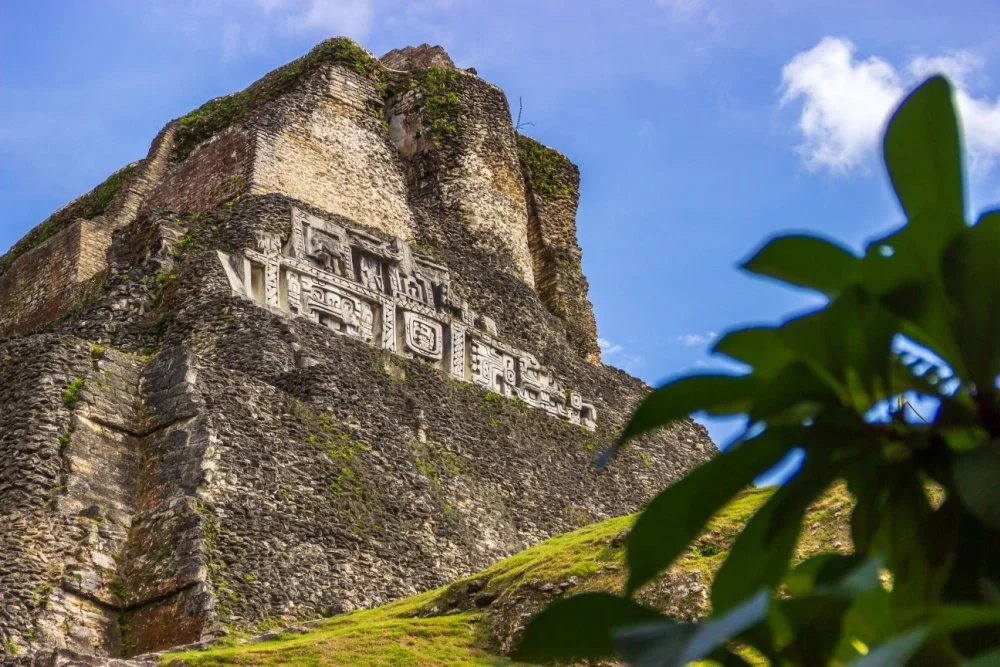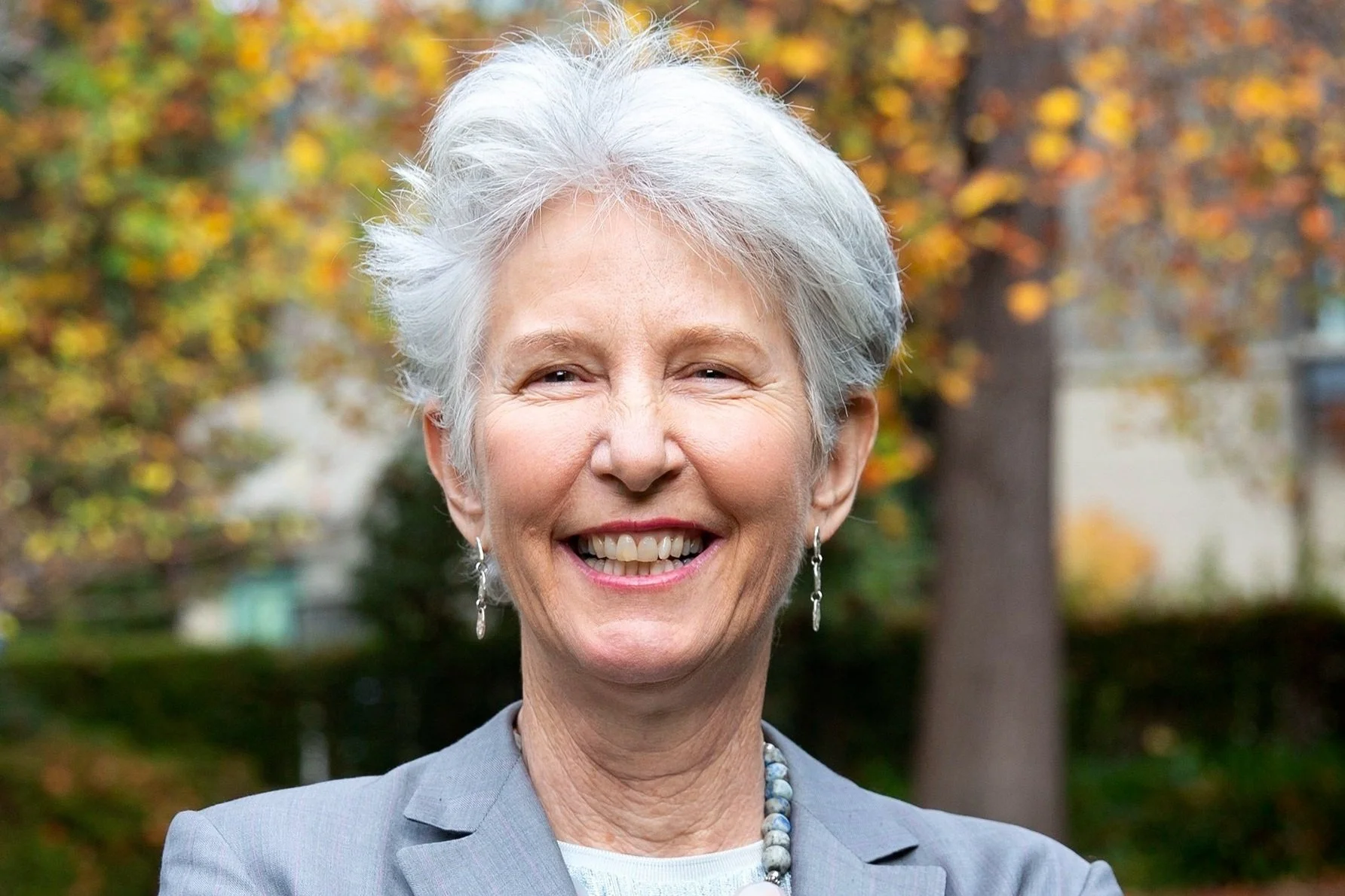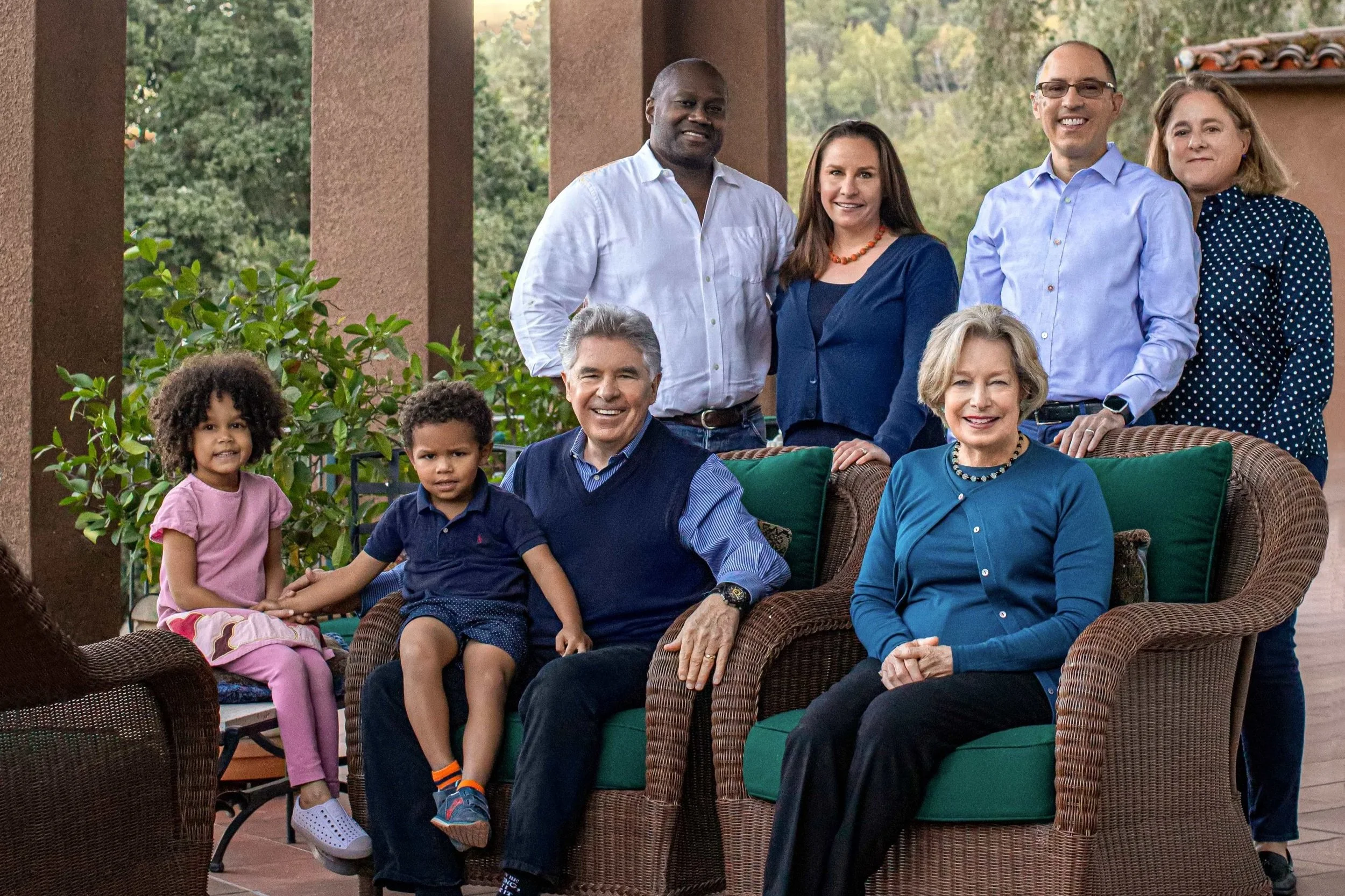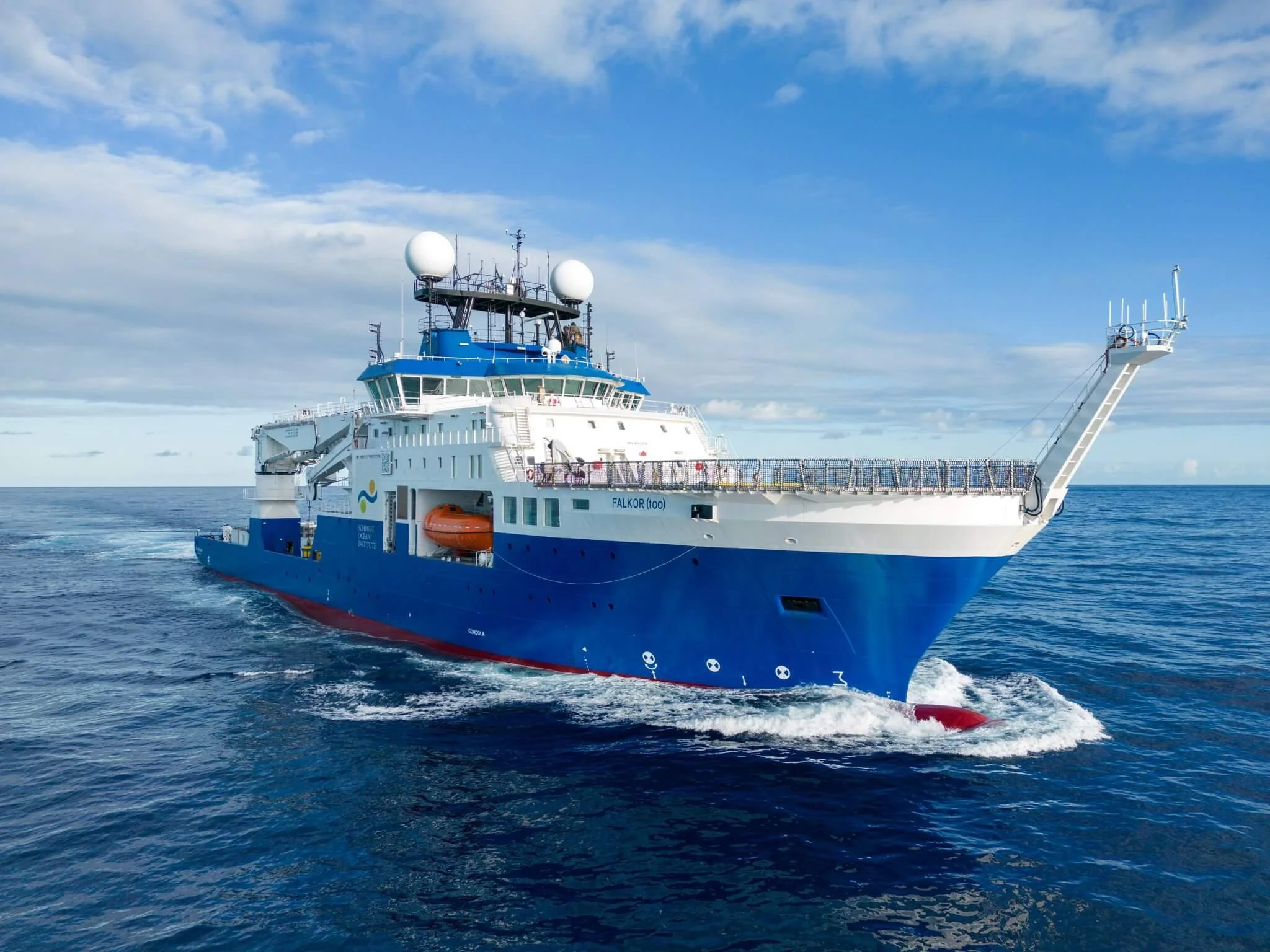Contributors: A Foundation Prize With a Timely Message
/photo: Diego G Diaz/shutterstock
With anti-immigrant sentiment surging in the United States and abroad, the Vilcek Prizes offer a celebration of immigration and exchange between cultures that is, sadly, much needed. While especially timely, the awards have been around for years, now, and the Vilcek Foundation was established in 2000 for the purpose of raising awareness of immigrant contributions in America and fostering appreciation of arts and sciences. (You can read about its founders and origin in past IP coverage.)
But its message is all the more striking amid heightened attacks on diversity and immigration as American virtues. The 2018 recipients certainly drive that message home, with winners in biomedical science and architecture each boasting incredible achievements and inspiring life stories.
Alexander Rudensky, for example, was born in Moscow in the 1950s, and began his career at a time when there was great enthusiasm for science research, but when the Soviet Union was largely isolated from other nations and ideas. He dove into immunology, and when the Iron Curtain fell in the late 1980s, began connecting with other researchers, then relocated his family to the United States to continue his work. The proceeding research at Yale, the University of Washington and Sloane-Kettering Institute resulted in influential discoveries about regulatory T cells with implications on treatments for cancer and other diseases.
As an HHMI investigator and winner of numerous awards, Rudensky is no stranger to recognition. But of this distinction, he says, “It is special to me because it is a testament to the freedom of movement in time and space and across cultures. It also stands for acceptance and inspiration, particularly in times of intolerance and discontent.”
On the arts side, this year’s awards spotlighted the field of architecture, and selected architect Teddy Cruz as the main recipient for work focusing as much on social justice and political theory as it does designing buildings. Cruz grew up in Guatemala during times of civil war and dictatorship that perpetuated extreme violence and inequality. He relocated to Southern California, where his career progressed against the backdrop of the San Diego-Tijuana border, which resonated with his upbringing in Guatemala. Cruz focused his work on the conditions in marginalized communities on both sides of the border, reimagining housing and community centers to provide support and capacity for self-management.
With his life partner and collaborator Fonna Forman, Cruz explores ideas of citizenship, immigration and injustice in ways that set their organization apart from other celebrated architecture firms. “I’ve always connected with the journey of immigrants, because it’s really a process of evolution, through which identities change, flow, transform. That becomes analogous to the way space can be imagined,” he says.
You can read more about the two main winners, who each take home $100,000, and a second suite of prizes in science and architecture awarded to six other recipients.
The Vilcek Foundation is a unique funder, spotlighting arts and sciences, and infused with a proud, sometimes politically charged support for immigrants. For example, the foundation stood out in 2017 by releasing two statements opposing the Trump administration’s policies—a rarity among science funders, unfortunately—first in response to the executive order barring travel from certain predominantly Muslim countries, and then for withdrawing the Deferred Action for Childhood Arrivals policy.
For a funder that is not necessarily political by nature, it’s refreshing to see Vilcek stand by its underlying ideals in word and deed. And its annual prizes continue to serve as a source of inspiration with multiple layers.
Related:







































